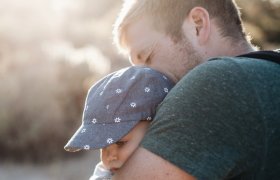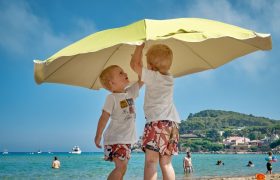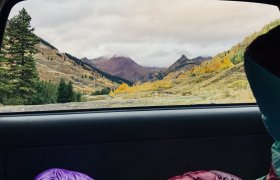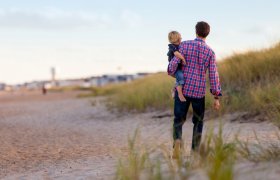Helping Children Cope with Natural Disasters
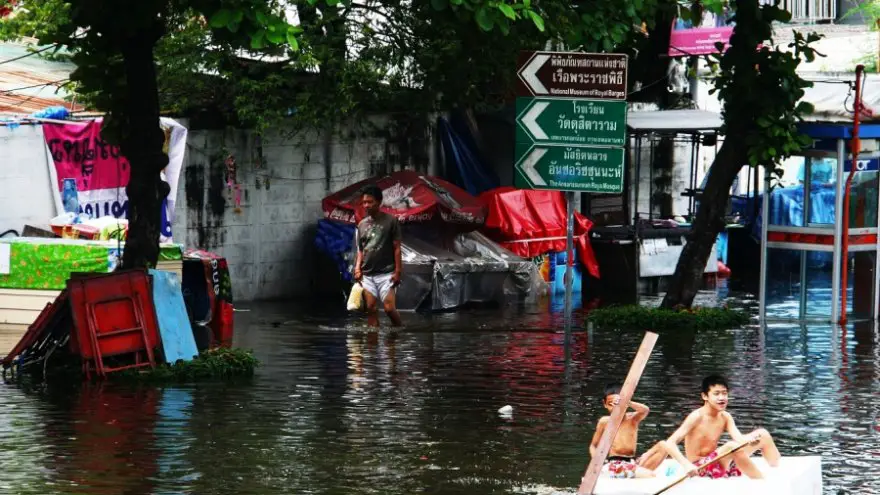
Natural disasters are events of grand impact on the areas they take place, and the effects that natural disasters have are not limited to material damage, but also emotional damage, especially in younger groups. Experiencing the happenings and aftermath of a natural disaster can be absolutely devastating to everyone, regardless of age, but while grown-ups are able to manage their feelings and reach out for support and help to speed up their recovery, children do not have that luxury.
While the experience can be traumatizing for an adult, for a child the effect it all has on them is greatly multiplied. The suffered trauma can stick with them all throughout their life if not properly addressed, only leading to more and more issues that they can develop due to it if their parent or guardian was not able to efficiently help them cope with the incredible fright.
So, in the case of natural disasters, how can you help your child(ren) cope with everything happening?
The process actually begins with a lot of time before any natural disaster is able to take place. The most important thing is to be prepared for a possible natural disaster, at all times, as these things aren’t really scheduled. The better you can calm down your child when a calamity happens, the better you will all be able to manage and cope with everything that is happening around. You can take your best decisions with a clear head, when you’re not driven by panic, and the calmer you are, the more in control you will be and look to the rest of your family, which is always a reassuring thing to see in the person you depend on, from a child’s point of view. When they’re young, they consider that if their guardian doesn’t panic, then there is no reason for them to panic either.
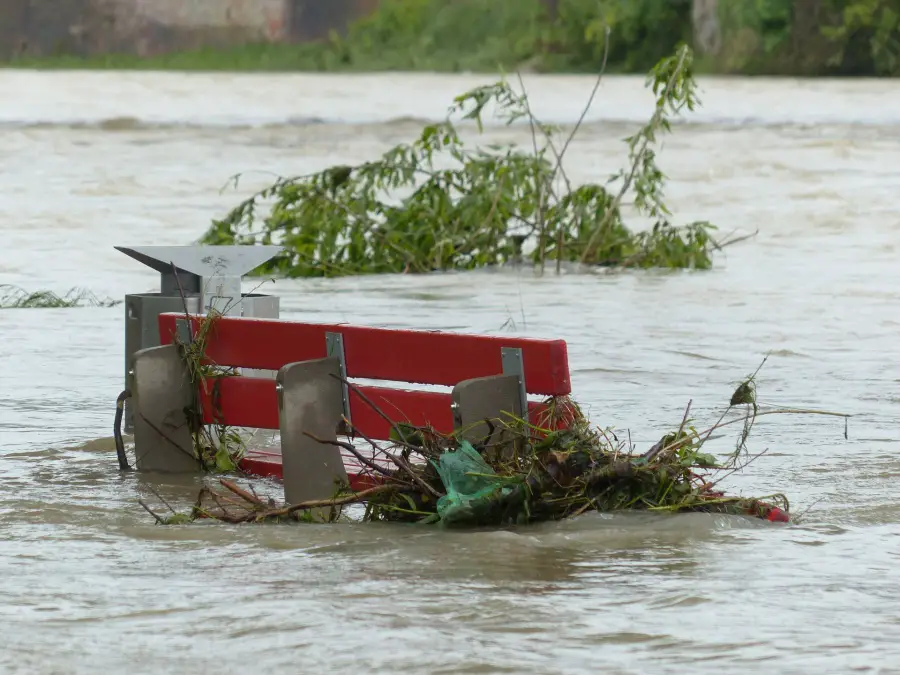 As such, in order to be prepared and to help your child cope better with natural disasters happening, you should:
As such, in order to be prepared and to help your child cope better with natural disasters happening, you should:
Have a plan
Put together a plan for any possible natural disaster scenarios, such as what to do in case of an earthquake, fire, flooding and so on. It should not be overly complicated nor too long of a list of things to do, as you need to be able to read it in a critical time period and having to browse through pages of a calamity help manual would only end up making everyone panic worse.
Instead, look out for the basics. Note down what you need to grab to stay safe, such as mentioning where the first aid kit is. You should place the instructions somewhere at hand, preferably close to the rest of the kits that you’ve put together for a possible disaster, so everything you need is in one place, compact and convenient for quicker access.
Another thing you should note down is a list of everything you need to make sure is turned off in case of a disaster, to avoid any possible further damage, such as mentioning to unplug the electronics around the house that can have an impact on the surroundings in case of a flood or storm, for example. But how can you make sure your child stays calm when you go unplugging things around in a hurry? Make it a game for them! You can ask them to look around the rooms and spot things that are plugged in and report them to you, like a different version of an “I Spy” game. Then, with their help, you can move around more effectively.
An important part of your plan should be the part with instructions on what to do in terms of protecting yourselves during a natural disaster. Even in schools, children are taught that they need to take cover under sturdy surfaces whenever an earthquake happens, for example, and you should educate them at home about it as well. The practice at school will never be the same as the one from home, especially since the surfaces and hiding spots differ. Teach them how to sit under the doorframe or under the structural pillars of the house and make sure they know not to go running up and down the stairs. In case of a fire, make sure they know not to run towards the smoke and to cover their mouth and nose with a cloth or preferably one they can dampen. Above all, teach them to stick close to you and avoid getting lost from you.
Be honest
If something is happening, regardless if it’s an earthquake or a flooding or anything else, you should tell your child what is happening so you have time to prepare together. Otherwise, when they inevitably get to learn about what is going on, it might be traumatizing to just be met with the sight of tall waters outside your window, especially when everything was supposedly fine just a few moments before. Being calmly told what is happening and what they need to do, and what you’re doing as well, is way more reassuring and helps them cope a lot better with the possible shock or fright.
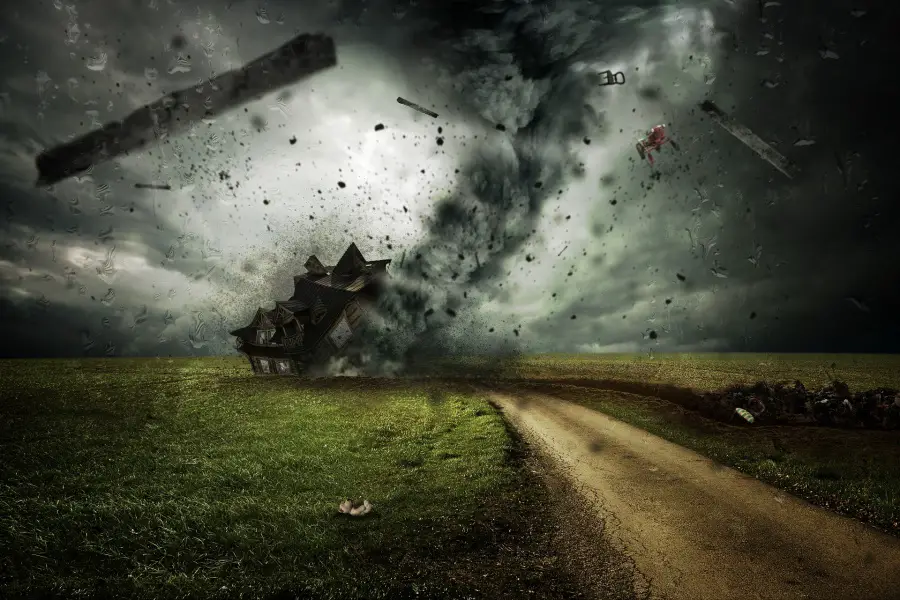
Take away any source of panic
If a natural disaster is happening, chances are that it’s being broadcast, talked about on the radio and even posted about online, and if your child is currently exposed to either of those information sources at that moment, chances are that they will freak out, and once they start panicking it’s way more difficult to keep them safe and sound and also take care of yourself and the rest of the family at the same time.
Switch from the news to a cartoon channel to keep them calm instead, if the calamity doesn’t interfere with electricity or if you have the possibility of distracting them for a little while until you take care of other preparations. If the natural disaster is estimated to not happen in the area where you are currently living in, then make sure to tell your child about that and reassure them further that nothing bad will happen. Tell them that the storm or flood is not happening in your area, or that it’s just not going to affect you.
Seek support
If the natural disaster or its aftermath seem like they have emotionally affected your child, the best thing you can do is reach out to a professional, a therapist or a counselor, to address the issues or at least check if your worries are true or not. Treating issues early will benefit them a great deal later on in life, as they have a much smaller risk of growing up with a developing form of PTSD. If you have been affected as well, there is no shame in seeking help too.


